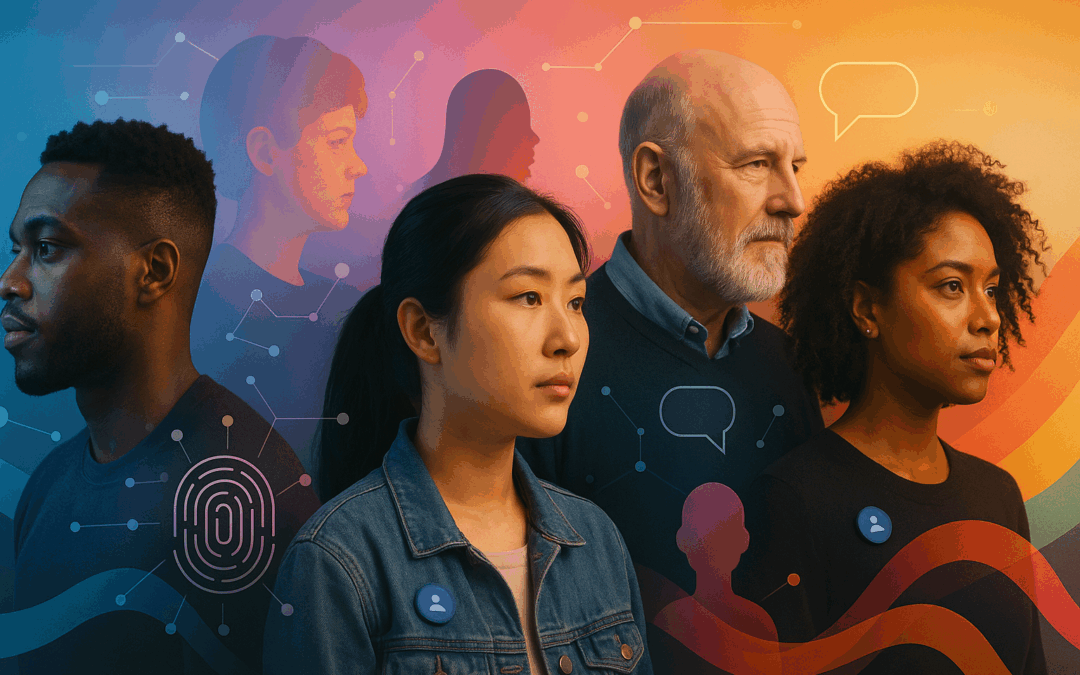by Sophie, writer at 72gender.com
Identity isn’t a box I can tick anymore — and I don’t think I’m alone in that. Over the past year, I’ve heard from readers who feel their sense of self is shifting: in gender, in culture, in work, even in how they show up online. In this piece, I’m mapping a few identity trends I keep seeing in 2025. No judgement, no hype — just patterns that might help you make sense of your own story.
fluidity over fixation
One of the clearest identity trends is a move away from fixed labels. Some people still feel at home in a single definition, and that’s valid. Others drift. I talk to teens who name themselves genderfluid, adults who hold more than one cultural home, and friends who wear a few job titles at once. To me, the point isn’t to abandon categories — it’s to keep the right to move between them when life asks for it.
digital selves, fewer walls
Our online selves used to feel separate. Not anymore. Profiles, pronouns, avatars, handles — they’re deliberate choices that carry into offline spaces. I notice more care around “digital autonomy” too: who owns our data, our images, our names? These questions aren’t abstract; they shape how safe it feels to be seen, and they’re part of today’s identity trends whether we like it or not.
intersectionality in real life
Intersectionality isn’t just a term from a classroom — it’s daily life. Queer and disabled, Black and non-binary, neurodivergent and trans: identities layer, and so do barriers and joys. I’m hearing more voices that refuse to flatten themselves for anyone’s comfort. That refusal is changing how we talk about access, care, and community.
returning to ancestry and indigenous identity
When the world feels unstable, a lot of us look back to move forward. I see people reclaiming names, languages, and indigenous understandings of gender. For some it’s political; for others, spiritual or simply practical. Either way, it reminds me that identity is both chosen and inherited — roots and branches at once.
identity as a right, not a privilege
More and more, I hear a quiet insistence: defining yourself isn’t something you earn, it’s something you have. Refugee youth who try on labels in private. Elders coming out after decades of silence. People in restrictive contexts writing under a pen name to stay safe. Across all of this, identity feels less like a performance and more like a right.
a final thought
If the question “who are you?” feels harder to answer than it used to, that doesn’t mean you’re lost. It might mean you’re honest. The identity trends of 2025 don’t point to confusion; they point to permission — to name yourself, to evolve, to be known on your own terms. If you’re somewhere in the middle of that, I’m right there with you.
— Sophie



